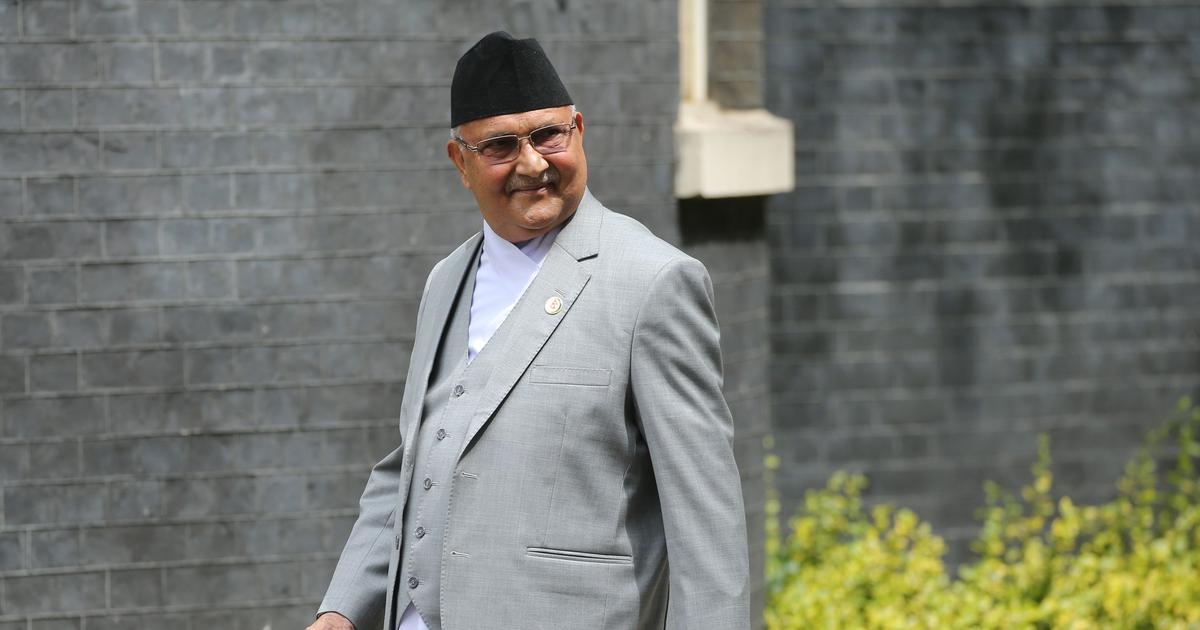scroll.in 14 July 2020
He also accused India of ‘cultural oppression and encroachment’.

Nepal Prime Minister Khadga Prasad Sharma Oli claimed on Monday that Hindu deity Ram was born in his country, not in India, and that Ayodhya is in fact a small village near Kathmandu, NDTV reported. He also accused India of “cultural oppression and encroachment”.
“We still believe we gave Sita to Prince Ram but we gave the prince too, from Ayodhya, not India,” Oli said at a cultural programme at his residence. “Ayodhya is a village a little west [of] Birgunj [a district in Nepal that is around 135 km from capital Kathmandu]. We have been oppressed a bit, culturally. Facts have been encroached on.”
But Oli claimed that the Ayodhya in Uttar Pradesh was in fact a later creation of Indian administrators, The Indian Express reported. “Lord Ram’s kingdom was not in Uttar Pradesh but in Nepal, near Balmiki Ashram,” Oli said, according to India Today.
According to legend, Sita, after she was abandoned by Ram, lived in the ashram of sage Valmiki with sons Lav and Kush on the bank of the Narayani, or Gandak, river, which is on the Nepali side of the border with Bihar.
The Bharatiya Janata Party rejected Oli’s claims, The Times of India reported. BJP spokesperson Bizay Sonkar Shastri claimed that Left parties in India had always “played with people’s faith” and that ruling Nepal Communist Party will be rejected by the people of that country in the same way that Indians have rejected the Left.
India-Nepal tensions
Oli’s assertions come amid tensions between India and Nepal over both countries claiming sovereignty to the Kalapani, Lipulekh and Limpiyadhura areas. Nepal maintains that India has claimed the disputed region by building the Darchula-Lipulekh link road despite repeated objections. India, on the other hand, said that the road falls within its territory.
In June, the Nepal Parliament approved a bill demarcating the Lipulekh mountain pass, Kalapani and Limpiyadhura as its territory. Earlier this month, Oli claimed that the Indian government and his political rivals were plotting to oust him from power, causing outrage in Kathmandu and demands by Nepali politicians that he step down.
On July 9, the Nepal government decided to ban transmission of all Indian news channels except state broadcaster Doordarshan, claiming that they had been telecasting content hurting the country’s national sentiments.
Support our journalism by subscribing to Scroll+. We welcome your comments at letters@scroll.in.
